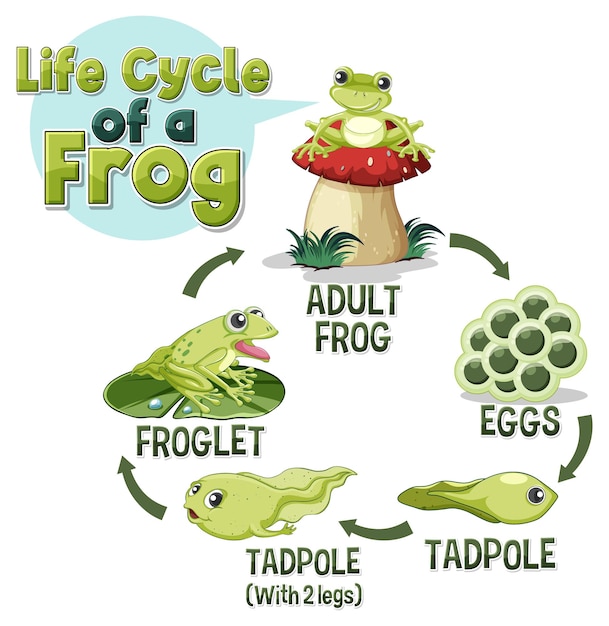Turtle Facts – Fascinating Insights into These Remarkable Creatures

Turtles have been around for over 200 million years, making them one of the oldest living species on Earth.
There are 360 different species of turtles in the world.
The largest species of turtle is the leatherback turtle, which can weigh up to 2,000 pounds.
Turtles are known for their slow and steady pace, but some species can actually move quite quickly on land.
Turtles have a unique shell that is made up of over 50 bones.
The shell of a turtle is actually part of its skeleton and grows with the turtle as it gets older.
Many turtles can retract their heads into their shells for protection.
Turtles have excellent underwater vision, but their vision on land is not as sharp.
Some turtle species can live to be over 100 years old.
Turtles are ectothermic, which means they rely on external sources of heat to regulate their body temperature.
Some turtles can hibernate for months at a time in cold weather.
Turtles have a strong sense of smell and use it to locate food.
Many turtle species are herbivores and eat a diet rich in plants and algae.
The sex of turtle hatchlings is determined by the temperature of the nest during incubation.
Turtles can have different types of shells, from smooth and streamlined to heavily ridged.
Turtles are skilled swimmers and use their front flippers to propel themselves through water.
Some species of turtles can stay underwater for hours at a time, thanks to their ability to absorb oxygen through their skin.
Turtle Facts – Fascinating Insights into These Remarkable Creatures part 2
Turtles lay their eggs on land and bury them in nests before returning to the water.
It can take several decades for a turtle to reach sexual maturity and lay its own eggs.
Turtles play an important role in ecosystems as they help control populations of small animals and help disperse seeds.
Turtles have been widely represented in art and culture, symbolizing longevity and wisdom.
In some countries, turtles are considered a delicacy and are hunted for their meat and eggs.
Many turtle species are endangered due to habitat loss, pollution, and illegal trade.
Turtles have been used in scientific research to study longevity, immunity, and bioaccumulation of pollutants.
Turtles communicate with each other through vocalizations, body movements, and visual displays.
Some species of turtles can climb trees and are excellent climbers.
The world’s fastest turtle is the common snapping turtle, capable of reaching speeds up to 18 mph.
Turtles have a highly developed sense of touch and use it to navigate their environment.
Some turtle species can breathe through their rear end, a process known as cloacal respiration.
Turtles have a unique ability to absorb vitamin D from the sun through their skin.
The largest recorded turtle was a leatherback turtle found in Wales, measuring 9 feet in length and weighing 2,020 pounds.
Turtles undergo an annual process called molting, where they shed their old scutes to make way for new growth.
Unlike other reptiles, turtles do not have teeth. Instead, they have a sharp beak that helps them tear and chew their food.
Turtles have an excellent sense of direction and can navigate back to their birthplace to lay eggs.
Turtles have been associated with various mythologies and folklore around the world.
Turtles have a low metabolic rate, allowing them to survive without food for weeks or even months.
Some turtle species are highly migratory and travel long distances to reach breeding and feeding grounds.
The sex of some turtle species, such as the painted turtle, can be influenced by the temperature at which the eggs are incubated.
Turtles have a unique ability to absorb oxygen through their skin, allowing them to stay submerged for longer periods.
Some species of turtles have specialized adaptations, such as flaps of skin to help them glide through water.
Turtles have a highly efficient digestive system that allows them to extract nutrients from their food.
Turtles have an exceptional memory and can remember important landmarks and feeding areas.
The largest turtle species in North America is the alligator snapping turtle, known for its powerful jaws and prehistoric appearance.
Some turtles have bright colors and patterns on their shells, allowing them to blend in with their surroundings.
Turtles have played a significant role in conservation efforts, with numerous organizations dedicated to their protection and rehabilitation.